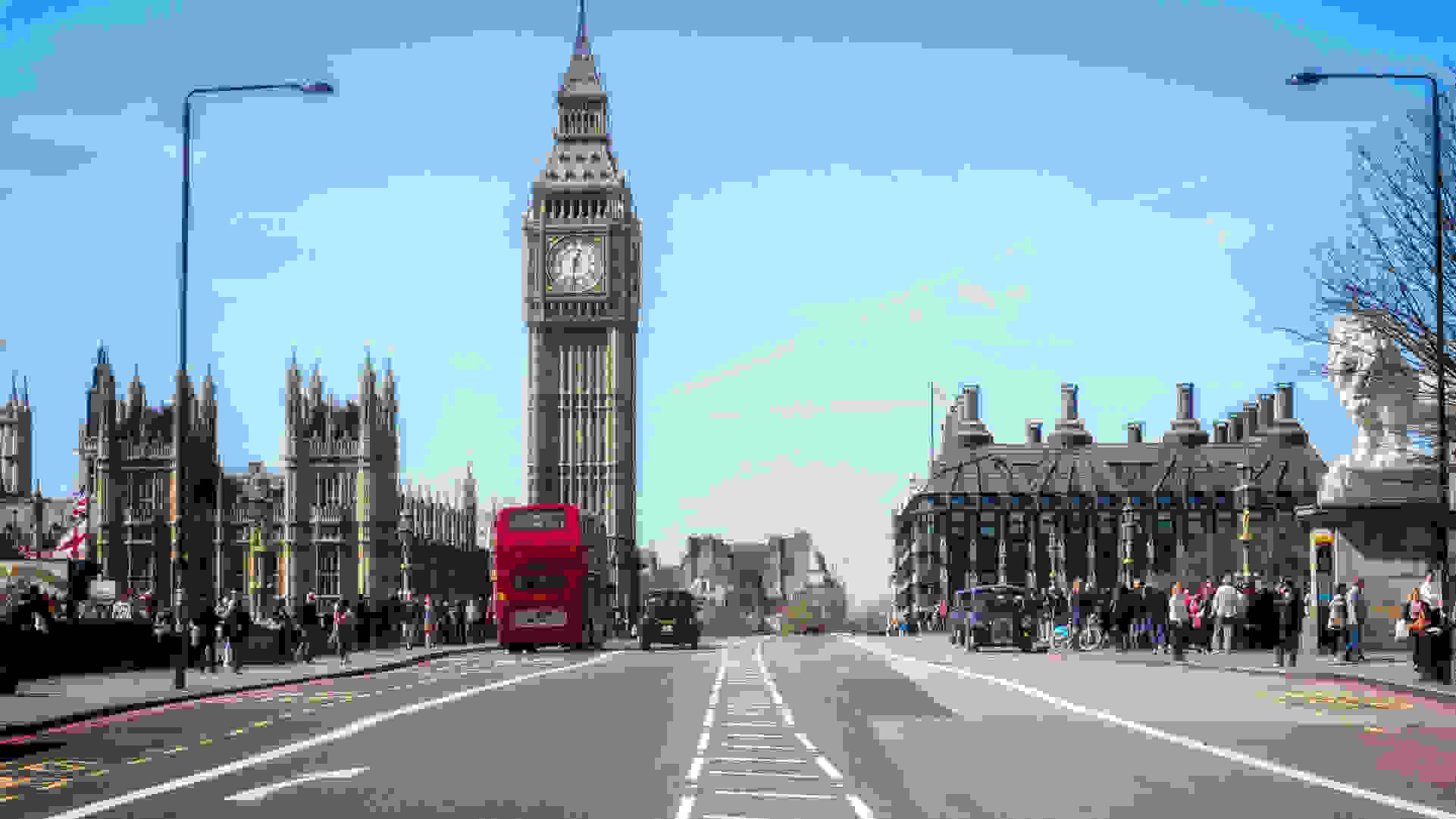News / Parliament Matters Bulletin: What’s coming up in Parliament this week? 28 April - 2 May 2025
MPs will debate the Football Governance Bill for the first time and consider controversial proposals to give government access to benefit recipients’ bank data in the Public Authorities (Fraud, Error and Recovery) Bill. The Great British Energy Bill faces a further hurdle over modern slavery concerns in solar panel supply chains. Orders on extended VE Day pub hours and banning ‘ninja swords’ will be considered. David Lammy and Shabana Mahmood face committee scrutiny, while Richard Foord seeks to require parliamentary approval for a UK–US trade deal. Mayors Andy Burnham and Kim McGuinness will give evidence on industrial strategy, and Dr Fiona Hill will speak about social mobility and education.

